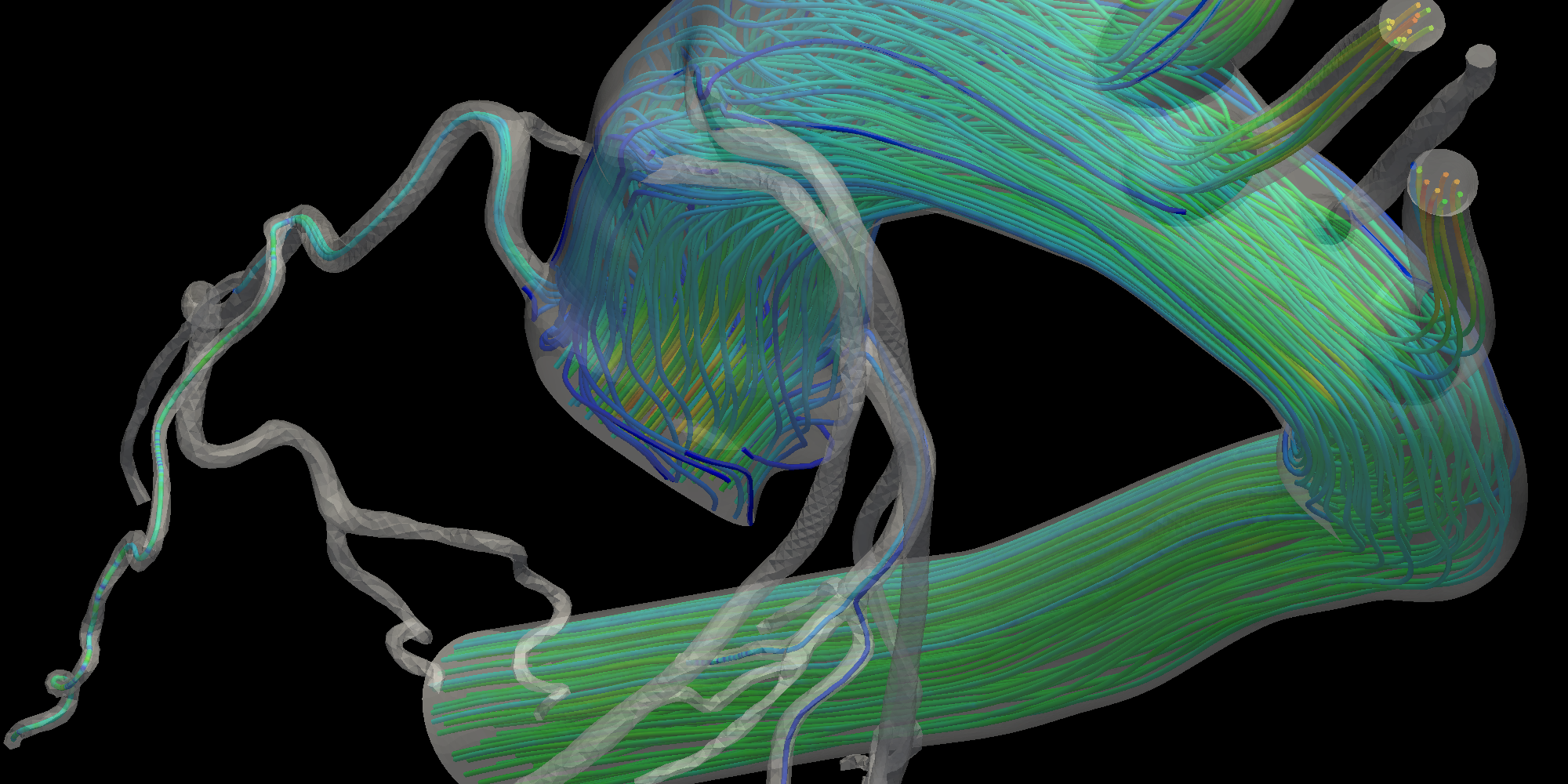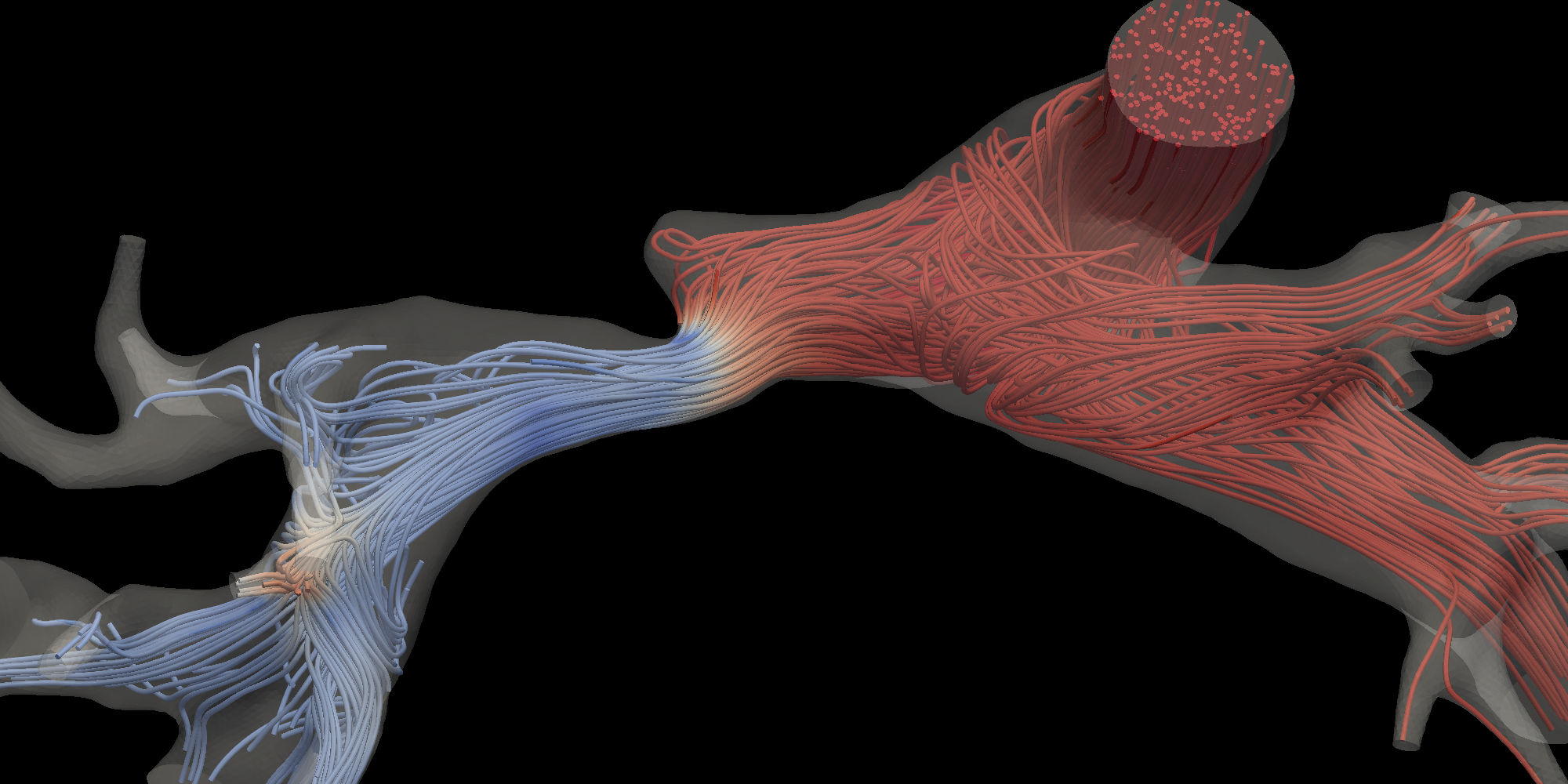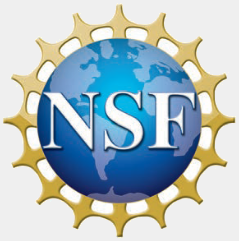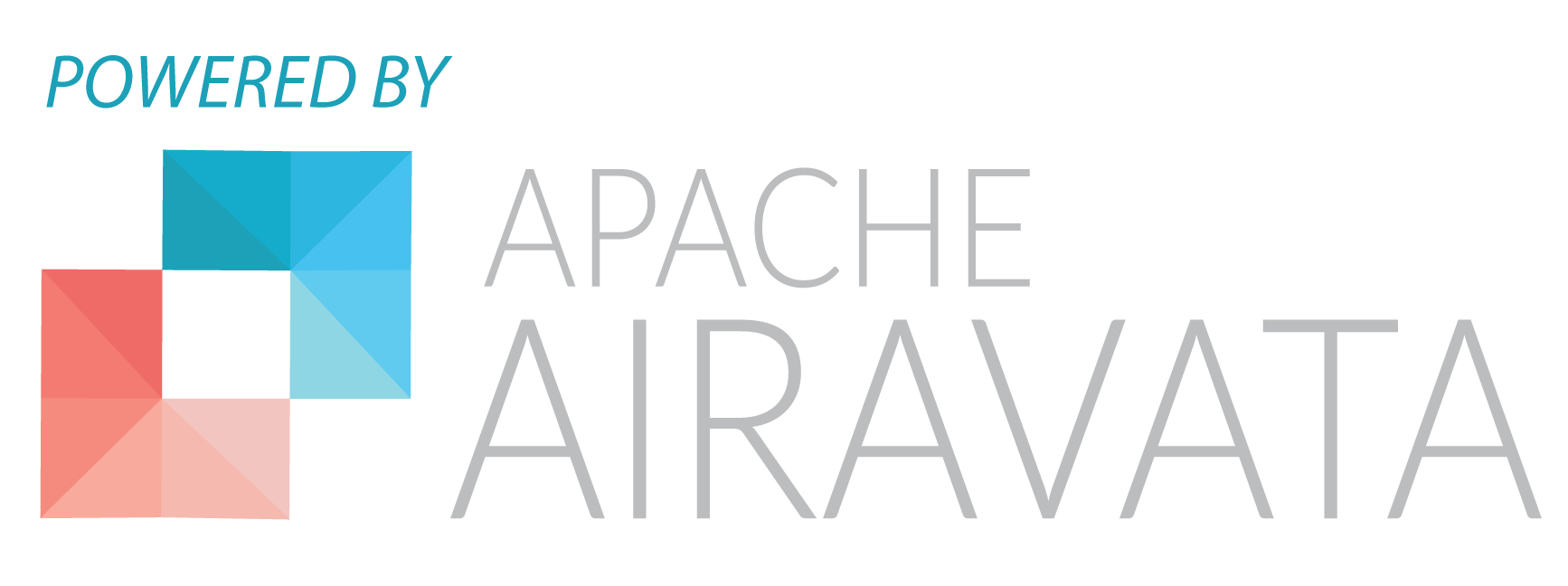Simvascular Super Computing Gateway
Simvascular users, no more hassle to compile or setup svSolver.
Using our gateway you can simply create simulation jobs, upload input/data files, launch simulation and download results once the simulation is finished.
What is SimVascular
SimVascular is an open source integrated software suite for image-based cardiovascular modeling and patient-specific simulation, providing a complete pipeline from medical image visualization, segmentation, 3D model construction, meshing, to blood flow simulation and hemodynamics analysis. It is recommended that new users to SimVascular first go through SimVascular Documentation Website to understand the workflow in SimVascular. With SimVascular, users can create input/data files for simulation and upload to the gateway.
Sim Vascular Documentation

How does our gateway help?
Our gateway provides access to high performance computer clusters for SimVascular users who would like to run simulation with super computing (10x~ faster than desktop). The svSolver needed for running simulation is already setup and ready to use from the computer clusters. Through the gateway, SimVascular users just simply create simualtion jobs, upload input/data files, launch simualtion, and download results once the simulation is finished. There is no hassle for users to compile or setup svSolver. Detailed instructions about how to use the gateway are provided here.
Gateway InstructionsRecent Publications
Atefeh Razavi, Shagun Sachdeva, Peter C Frommelt, and John F LaDisa Jr. 2021.
Patient-specific numerical analysis of coronary flow in children with intramural anomalous aortic origin of coronary arteries.
In Seminars in Thoracic and Cardiovascular Surgery, Vol. 33. Elsevier, 155–167.
Nathan M Wilson, Suresh Marru, Eroma Abeysinghe, Marcus A Christie, Gabriel D Maher, Adam R Updegrove, Marlon Pierce, and Alison L Marsden. 2018.
Using a Science Gateway to Deliver SimVascular Software as a Service for Classroom Instruction.
In Proceedings of the Practice and Experience on Advanced Research Computing. 1–4.
Arash Ghorbanniahassankiadeh, David S Marks, and John F LaDisa. 2021.
Correlation of Computational Instantaneous Wave-Free Ratio With Fractional Flow Reserve for Intermediate Multivessel Coronary Disease.
Journal of Biomechanical Engineering 143, 5 (2021).
The Gateway is sponsored by


The Gateway is powered by...
